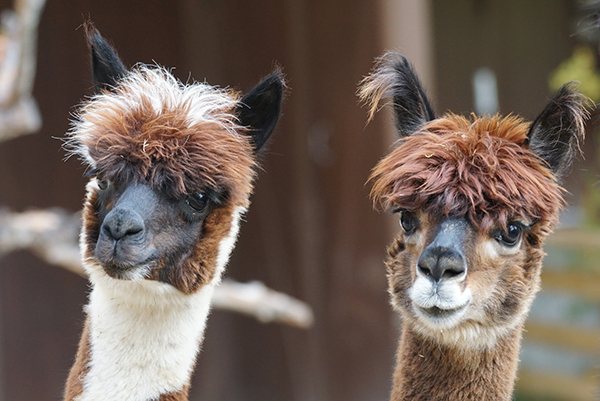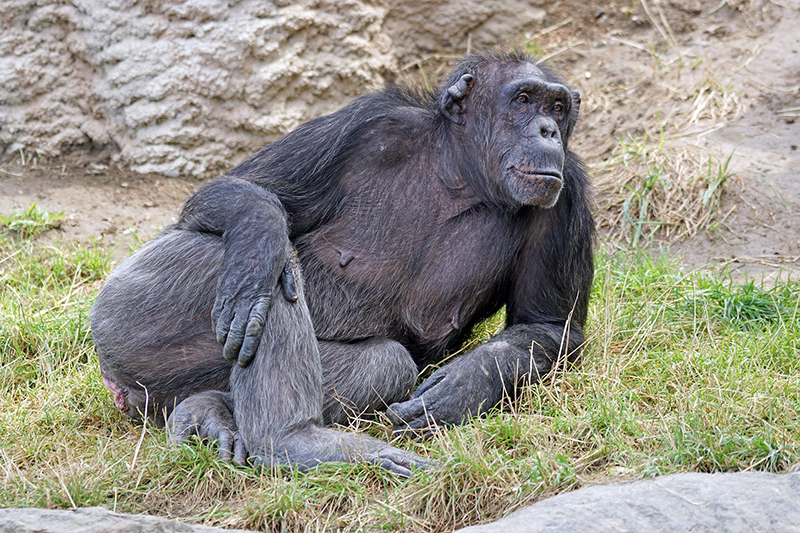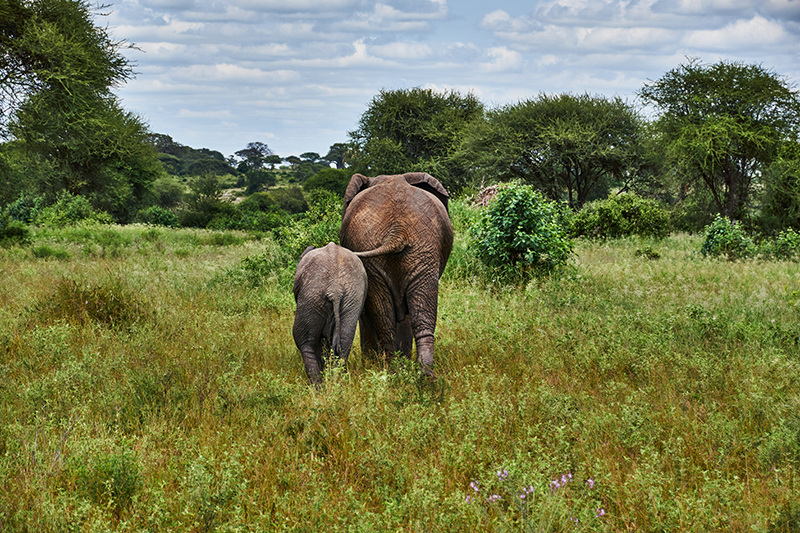What is a ‘person’ in law?
The concept of a legal ‘person’ goes back to ancient Roman law. Only entities recognised by the law as a ‘person’ are considered legal actors. In other words, only a ‘person’ can sue or be sued, enter into contracts or own property.
All living human beings are recognised by the law as persons, although personhood only begins at the moment of birth. But legal personhood is also bestowed on non-living entities, such as companies and ships. This allows companies to own property or enter into contracts in their own right, although of course in reality these actions are being taken by human beings acting on behalf of the company.
Why does it matter who is a ‘person’?

Some writers believe that this means legal personhood is a necessary prerequisite for having meaningful legal rights. We could claim to give anyone legal rights but without the right to go to court to enforce them, do these rights have any effect?
One group of living beings who have not historically been given legal personhood are animals. This has meant that animals’ rights can only be upheld in court by their owners. This does occasionally happen, such as in the recent case of Geronimo the alpaca, but often it is the owner of an animal who is the person infringing upon that animal’s rights.
It has been argued that if animals are given legal personhood, the rights which they are given can then be upheld more easily. For example, animal rights activists would be able to bring a claim on an animal’s behalf, just like the officers of a company can bring a claim in the name of that company. Some suggest that personhood could pave the way for a charter of fundamental rights for animals, similar to the Universal Declaration of Human Rights.
How far has the law recognised animals as legal persons?
In England and Wales, as in most legal systems, animals do not have legal personhood. This means that all animals, however intelligent they may be, are considered ‘things’, no different to any other kind of property. That means despite our DNA being 99% the same as that of a chimpanzee, the law considers a chimp a mere object, the same as a table or a lamp.

However, animals have had greater legal recognition in other countries. A number of nations, including Switzerland, Germany and India have recognised animals as having some form of legal status beyond being merely ‘things’. Most notably in 2016 a court in Argentina recognised a chimpanzee to be a ‘nonhuman legal person’ and in May 2021 the New York Court of Appeals agreed to hear a case brought on behalf of Happy, an elephant in the Bronx Zoo. This will be the first time in history that the highest court of any English-speaking jurisdiction will hear a habeas corpus case brought on behalf of someone other than a human being.
In India courts have declared the rivers Ganges and Yamuna ‘living entities’ recognised by the law
What about ecosystems and natural features?
Some courts have even gone beyond the animal kingdom in recognising the natural world as capable of legal personhood. In India courts have declared the rivers Ganges and Yamuna ‘living entities’ recognised by the law while in New Zealand the government has identified a range of natural features as legal persons, including the Te Urewera National Park, the Whanganui River and Mount Taranaki. Similar developments have occurred in Bangladesh and a number of Latin American countries.
Legislation giving rights to nature has been recommended by experts in Australia and introduced at a local level in countries such as Canada and the United States. Closer to home, a bylaw that would have given the river Frome in Somerset legal personhood was, after long deliberation, rejected by the government. It would appear that there is a slow but steady trend across the world towards recognising the natural environment as possessing particular legal rights and protections. Giving animals legal standing may well be an important step in this process.
 Click on the banner to explore the COP26 hub
Click on the banner to explore the COP26 hub



Rate and Review
Rate this article
Review this article
Log into OpenLearn to leave reviews and join in the conversation.
Article reviews